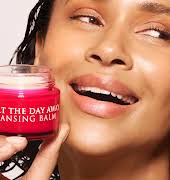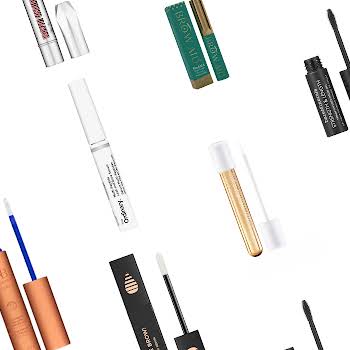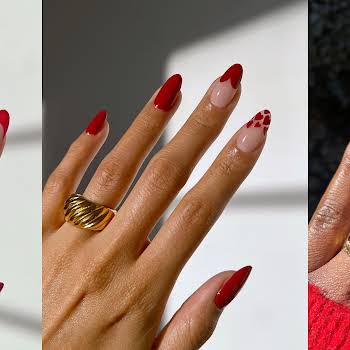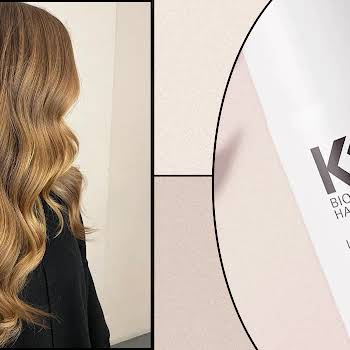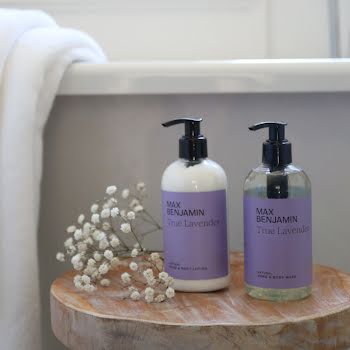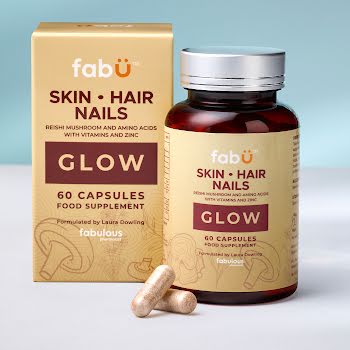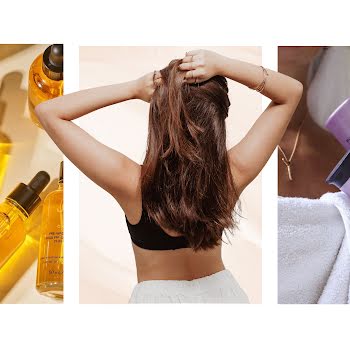By Aisling Keenan
15th Jan 2019
15th Jan 2019
Did you know there are two very different types of SPF and using the wrong one might be the reason you’re not having the best SPF experiences? Which one is more protective? And should you be using both a physical SPF and a chemical one?! It’s a little confusing, so to clear it all up…
It’s plainly obviously to everyone (I hope) that SPF is an essential, and perhaps the most important, part of our skincare routines. Harmful UVA and UVB rays cause not just burning, but accelerated ageing, wrinkles and can result in more serious skin melanomas. So, we know that SPF is essential, but which type is best? Both have their benefits and both have drawbacks, so it’s up to you to know the difference and choose the best one for your skin type.
ABSORB OR REFLECT?
The main difference between chemical and physical (also known as mineral) SPF is that with chemical ones, the UV rays are absorbed but converted by the SPF into being non-harmful. Whereas physical/mineral SPF reflects the UV rays so they don’t enter your skin at all, and contain things like zinc oxide and titanium dioxide to block the sun’s damage. Both work well, but both have their downsides.
SPOTS OR IRRITATION?
Which do you prefer? Neither, probably. Which is why you’ll have to do a bit of trial and error. SPF isn’t always the easiest skin product to love. With mineral SPF, people frequently get spots. The barrier doesn’t just block UV, it also can block up pores. And the chemical one can cause irritation in people with sensitive skin, and eye-stinging due to it melting into their eyes. In terms of texture, mineral ones tend to be silkier and thinner, whereas chemical ones tend to be thicker and creamier.
BUT WE HAVE TO WEAR ONE, SO…
Either way, a broad spectrum SPF is definitely what you want to be using. While mineral ones used to be known as chalky and too white on the skin, they’ve come a long way. Likewise, there are some excellent chemical SPFs out there that are formulated not to irritate the skin. There are also several brands that produce SPFs that combine both chemical and mineral properties. Here are three phyisical/mineral ones I’ve used and liked, followed by three chemical ones I’ve also gotten on well with.
- SkinCeuticals Mineral Radiance UV Defense SPF 50 High Protection, €41
- Avène Mineral Light Hydrating Sunscreen Lotion SPF 50+, €24.45
- The Ordinary Mineral UV Filters SPF30 with Antioxidants, €9.40

- La Roche-Posay Anthelios Clear Skin Dry Touch Sunscreen SPF60, €23.45
- Shiseido Sports BB Wetforce SPF50, €32
- Vichy Anti Age Cream SPF50, €14.50







